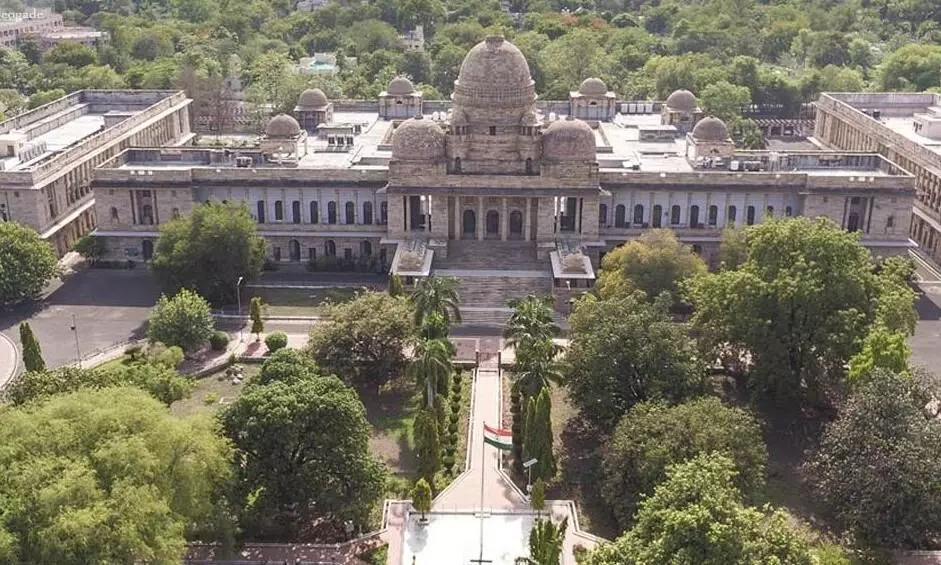
Spouse's epilepsy not ground for divorce: Bombay HC
text_fieldsMumbai: Bombay High Court’s Nagpur bench on Tuesday stated that a spouse being epileptic does not amount to cruelty and is not a ground for divorce under the Hindu Marriage Act, as epilepsy is neither an incurable disease nor can it be considered a mental disorder.
A division bench of Justices Vinay Joshi and Valmiki SA Menezes issued the statements while dismissing a plea filed by a 33-year-old man seeking divorce on grounds of cruelty from his wife, who, he claimed, suffered from epilepsy due to which she was mentally unsound.
He had sought divorce under Section 13 (1) (iii) of the Hindu Marriage Act, which says that if either the man or the woman has been incurable of unsound mind or has been suffering continuously or intermittently from mental disorder of such a kind and to such an extent that the person cannot reasonably be expected to live with the partner.
The woman opposed the plea, arguing she had seizures but it had no effect on her mental health.
While dismissing the man's petition, the bench said he had failed to prove that his estranged wife was suffering from epilepsy or even that if she was suffering from such a condition, the same could be considered as a ground under Section 13 (1) (iii) of the Hindu Marriage Act for seeking divorce.
The HC noted that as per medical evidence, every person suffering from epilepsy can lead a normal life.
It said the woman had suffered only seizures and not from epilepsy, and even assuming she was suffering from epilepsy, this was “certainly not a mental disorder or a psychopathic disorder or for that matter can be even considered as leaving the respondent incurable or of an unsound mind."
The medical evidence suggests the woman in the present case does not suffer from epilepsy, it noted.
"We are of the opinion that there is an abundance of medical evidence that such a medical condition could not justify the petitioner's stance that the condition would be an impediment to the spouses living together,” the court said.
With inputs from PTI












